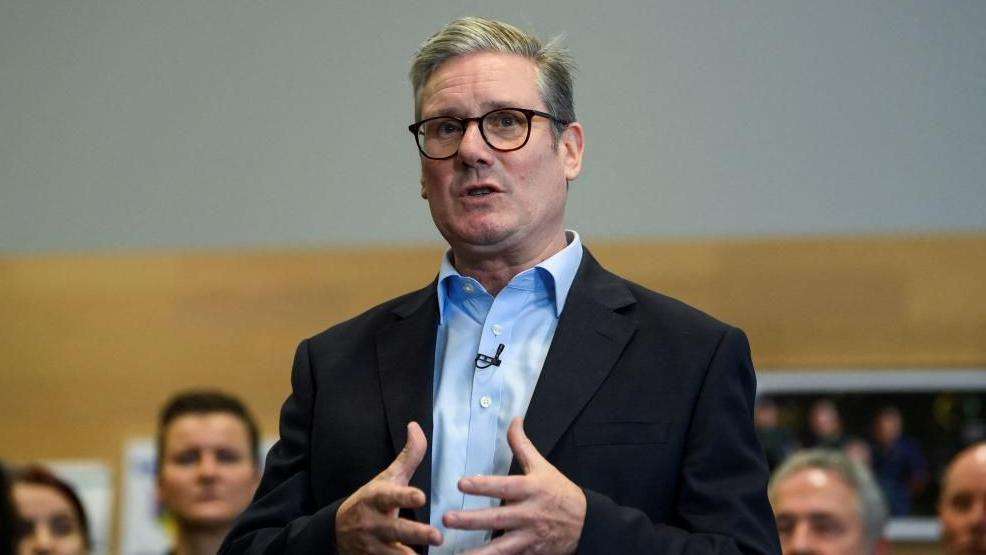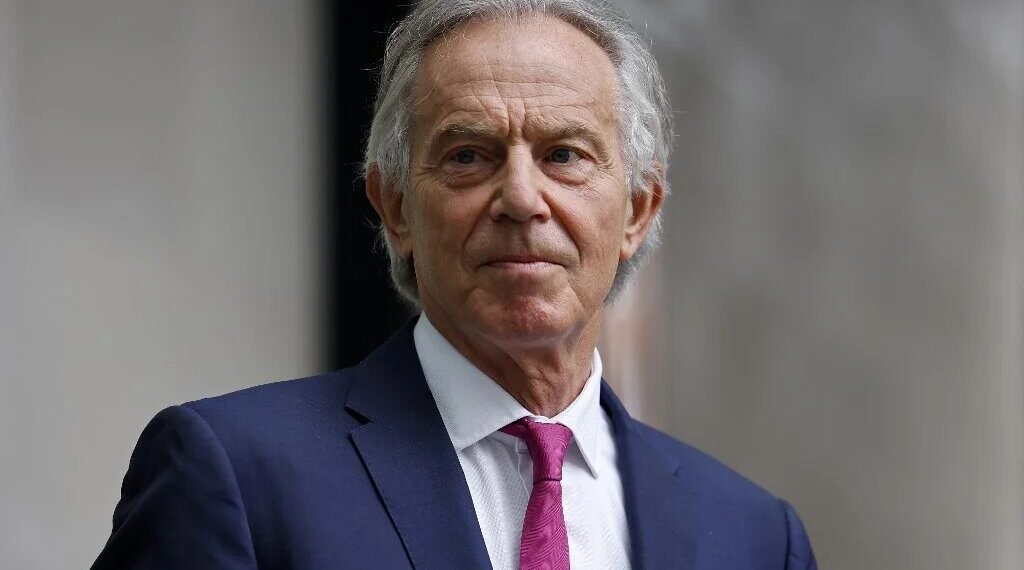Tony Blair has reignited the climate policy debate by calling on the UK government to reconsider its current approach, urging a pivot from short-term fossil fuel limits and renewable energy dependence toward technological solutions such as carbon capture.
The former prime minister’s remarks have stirred unease within the Labour Party, with critics suggesting they challenge the direction of the current leadership under Prime Minister Keir Starmer. In a foreword for a report by the Tony Blair Institute (TBI), Blair warned that policies aimed at drastically cutting fossil fuel use or limiting energy consumption were “doomed to fail”.
“People are being asked to make financial sacrifices and changes in lifestyle when they know that their impact on global emissions is minimal.”
Tony Blair
Blair described the current climate discourse as “riven with irrationality” and questioned whether the goal of net zero emissions still holds the public’s confidence. His comments align with recent criticism of net zero targets by Conservative figures, including Kemi Badenoch.
The TBI report, authored by Lindy Fursman, echoed this sentiment, stating that net zero goals are “increasingly viewed as unaffordable, ineffective or politically toxic.” Despite such claims, climate initiatives remain broadly popular among the British public. A YouGov poll found that 66% of UK voters remain concerned about climate change.
Blair’s remarks came just days after Keir Starmer reiterated his government’s full commitment to a low-carbon transition. At a London energy conference, Starmer declared that “tackling the climate crisis and bolstering energy security were in the DNA of my government” and pledged to “accelerate” efforts toward sustainability.

Tensions Rise Over Climate Technology Emphasis
Blair, while acknowledging the importance of renewable energy, insisted that the UK must “alter where we put our focus” and instead prioritize pragmatic solutions, especially in light of rising fossil fuel demand from China and India, as well as surges in airline travel and industrial material use.
He urged support for carbon capture and nuclear technologies, especially small modular reactors, which he said were overlooked due to a preference for renewables. “There is disdain for policies such as carbon capture in favour of renewables, which should be reversed,” he said.
Fossil fuels currently account for over 75% of global greenhouse gas emissions, making them the largest contributor to climate change. Nevertheless, Blair warned against unrealistic approaches, advocating instead for international nuclear adoption and science-led innovation.
Some Labour MPs saw Blair’s statement as an ill-timed critique of Starmer and Energy Secretary Ed Miliband. One MP noted, “We know that businesses see renewables as a key path to economic growth… and the unpopularity of net zero is just plain wrong.”
Industry voices also pushed back. An energy sector source said, “I don’t think the sector has any need for a tech-optimist vision of climate action that doesn’t represent the fantastic work the industry is doing today.” The TBI, once supportive of the UK’s carbon budget, now seems to have shifted its stance.
Green Alliance’s deputy director of politics, Holly Brazier Tope, expressed disappointment in the report. “It also wildly exaggerates the public backlash, especially in the UK where support for climate action remains solid,” she said.
Adam Berman of Energy UK added that net zero remains an “economic opportunity of the 21st century”, highlighting the UK’s progress in emissions reduction through wind and solar energy. “It’s not a question of either or,” he noted, emphasizing the need to combine existing clean technologies with emerging innovations.
As such, Blair’s remarks reignite debate over the UK’s climate direction, challenging mainstream policies and urging a shift toward technological innovation amid growing scrutiny of net zero’s public and political footing.
READ ALSO: GBA Demands Action On ‘National Crises’




















